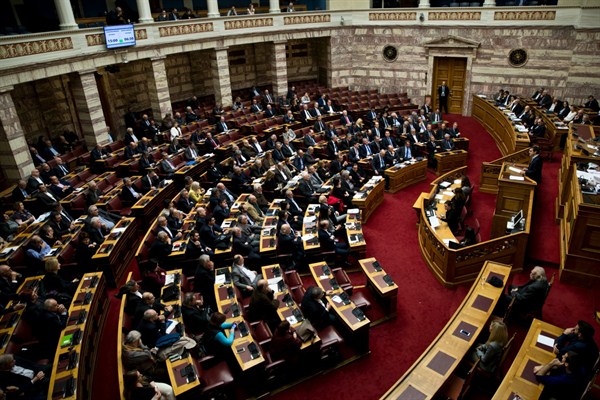On Jan. 15, Greece’s parliament adopted new austerity measures aimed at placating its international lenders, including greater restrictions on the right of workers to strike and cuts on benefits to large families. The measures, which passed despite days of protests and crippling strikes in Athens, pave the way for Greece to enter the final stage of its eight-year economic bailout. In an email interview, Angelos Chryssogelos, a teaching fellow in the department of European and international studies at King’s College London, explains what austerity means for the vast majority of Greeks and the state of the opposition to the Syriza-led government’s economic policies.
WPR: Where do the latest austerity measures fit into Greece’s economic reform program, and what impact have the social and economic reforms had to date?
Angelos Chryssogelos: The latest measures completed Greece’s obligations to its international lenders ahead of the third evaluation of its bailout program, which was approved by eurozone finance ministers on Jan. 22. After Greece implements a few pending measures, the country will enter the final phase of a bailout program set to end in August. The government of Prime Minister Alexis Tsipras is hoping that afterward, Greece will enter a framework of looser economic supervision coupled with substantial debt restructuring. But even with some debt restructuring, Greece has already signed up to significant checks and limitations on its macroeconomic discretion, such that even after it exits from the bailout, few things will change for the vast majority of the population in terms of austerity.

